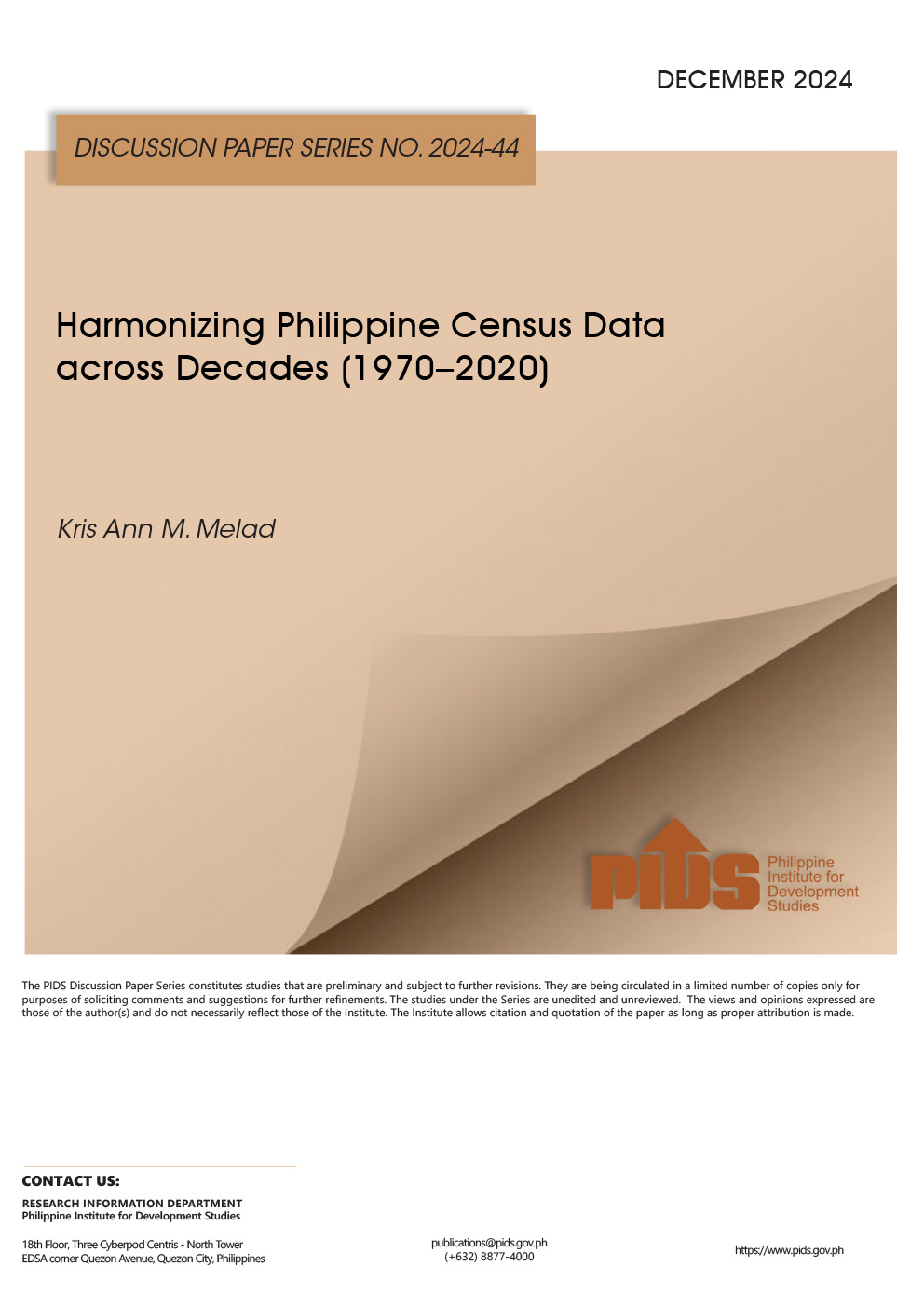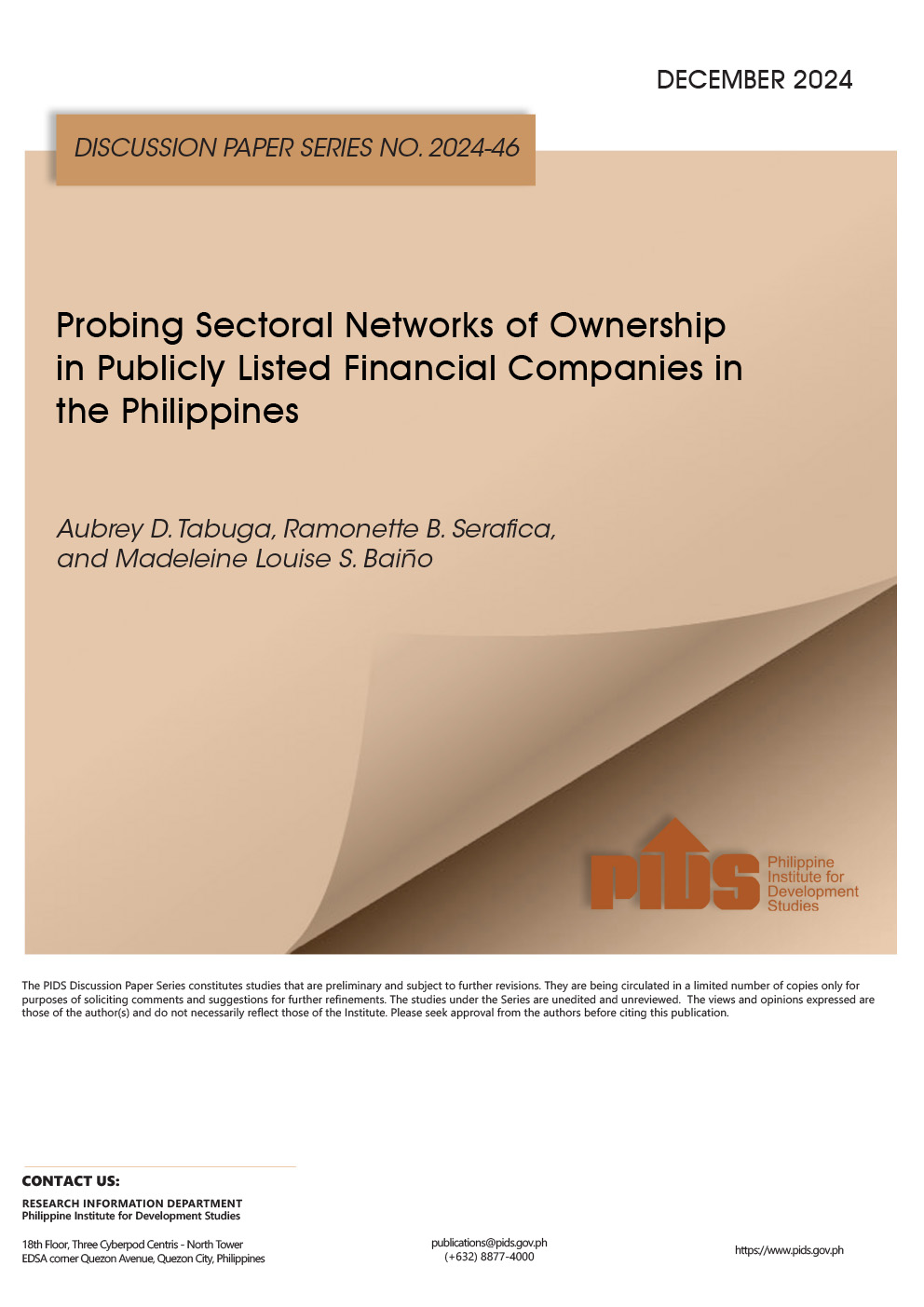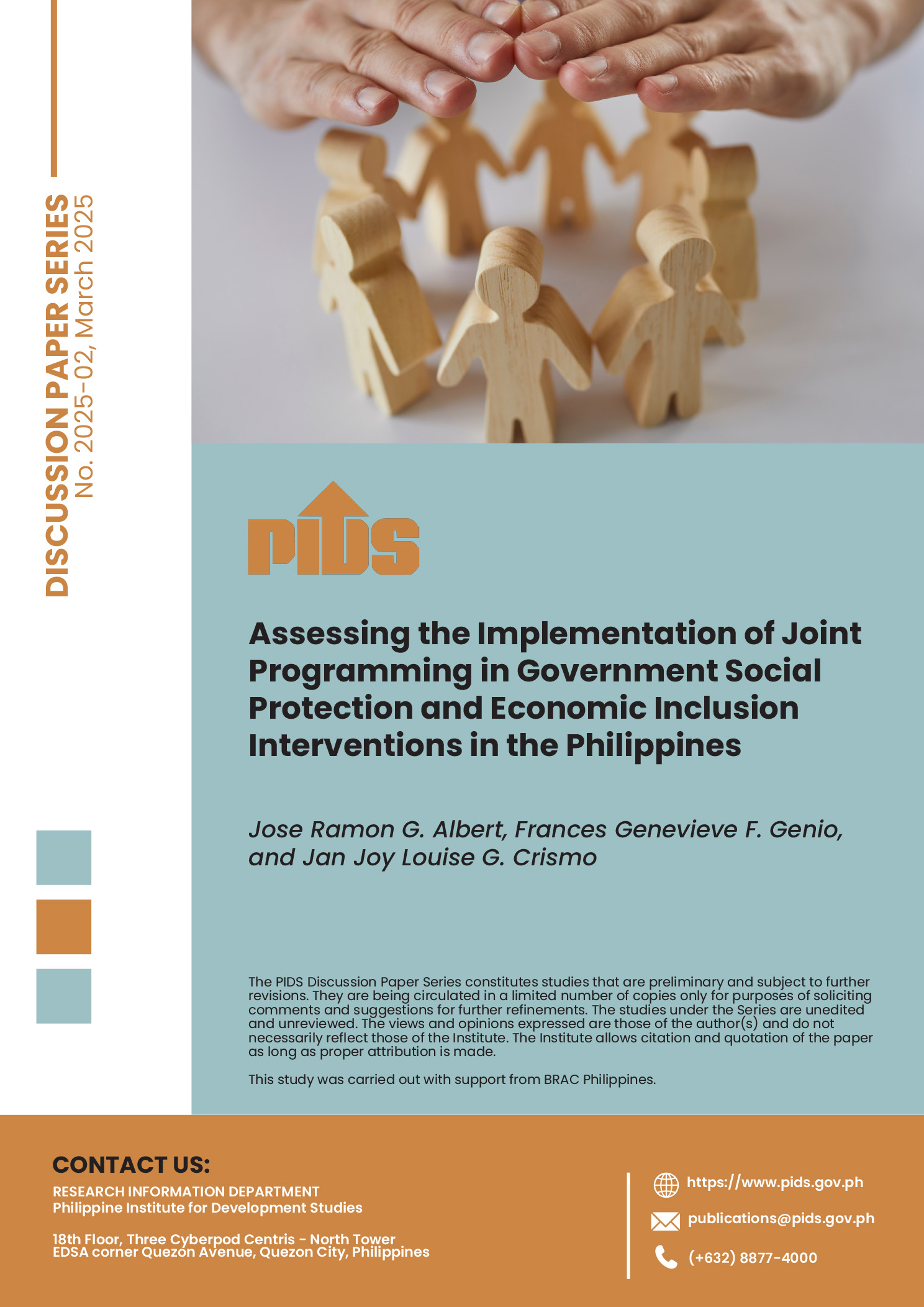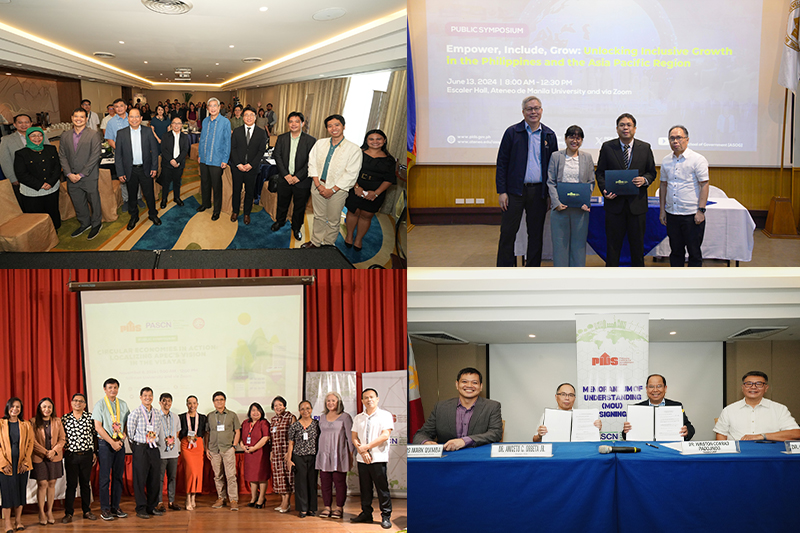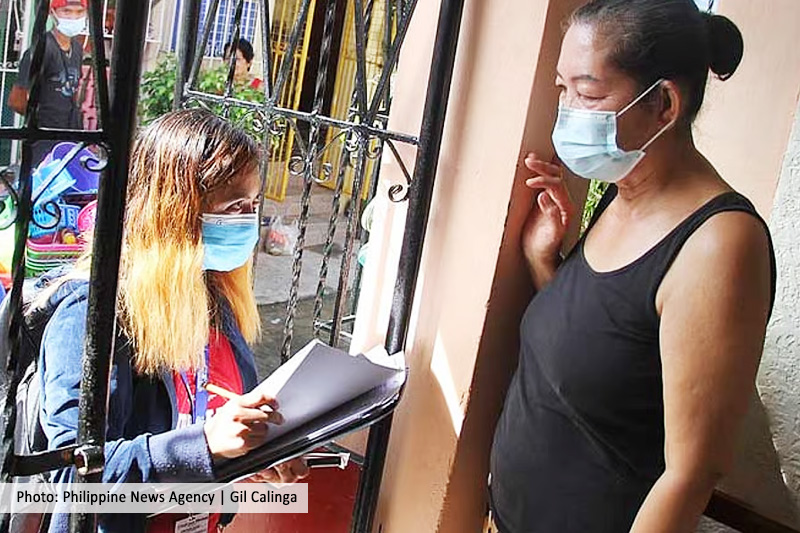A new report by the Asian Development Bank (ADB) reveals that factors such as thorough preparation, effective supervision, and proper financing utilization are the key drivers of success in development projects. The report, which analyzed data from 486 ADB-funded public sector projects completed between 2016 and 2022, found that these factors explain about 75% of the variation in project performance.
Titled “What Explains ADB's Project Performance, 2016–2022”, this report was presented by Asian Development Bank (ADB) Principal Evaluation Specialist Dr. Hyun H. Son during a Philippine Institute for Development Studies (PIDS) public webinar.
In her presentation, Dr. Son also emphasized the importance of minimizing delays, ensuring quality preparation and due diligence, and effectively utilizing allocated funds. She recommended the delegation of projects to regional missions early in the cycle and the provision of capacity building support to implementing agencies for improved performance.
“We tend to be quite complacent about preparation activities and due diligence activities, but our findings suggest that those are the keys to success when it comes to project performance,” she said. “Ensuring the quality of preparation activities and due diligence can increase the likelihood of project success”, Dr. Son added.
It was also revealed that larger implementation teams are associated with lower success rates, likely due to duplication of work, turnover, and increased complexity in managing larger projects.
Country factors like good governance, strong economic performance, and sound fiscal management also contribute to a positive enabling environment for project success. However, unforeseen events like security risks and climate change can negatively impact performance, especially in vulnerable regions like small island nations.
The report further highlighted the effectiveness of a participatory approach, where subnational entities and target beneficiaries are actively involved in planning and implementing projects. Consultation, capacity development, and support for local stakeholders are crucial elements of this approach, leading to better outcomes and ownership of projects.
This was agreed on by PIDS Senior Research Fellow Dr. Adoracion M. Navarro who provided valuable insights into the applicability of the ADB’s study to the Philippine context.
Dr. Navarro sees potential in adapting the ADB’s approach through the existing National Project Monitoring Committee (NPMC) and Regional Project Monitoring Committee (RPMC) structures. She suggests starting with regional data initially and gradually expanding to agency or local government unit (LGU) levels as data availability and structure improve. She emphasizes the potential of this approach to generate valuable data for the Philippine government and stakeholders, aiding in identifying trends, measuring problems, and developing solutions for improving project performance at both national and regional levels.
Watch the webinar at https://www.facebook.com/PIDS.PH/videos/25018405421083694/.
For more videos of PIDS events, go to https://pids.gov.ph/videos. ###


